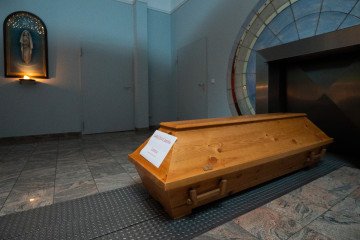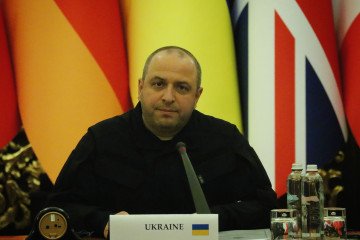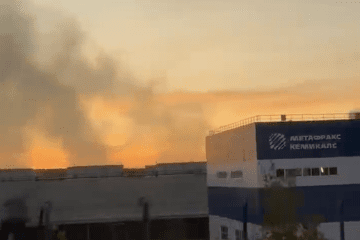- Category
- Latest news
How Russia Used Nord Stream to Infiltrate Germany—And Fund Its War Machine
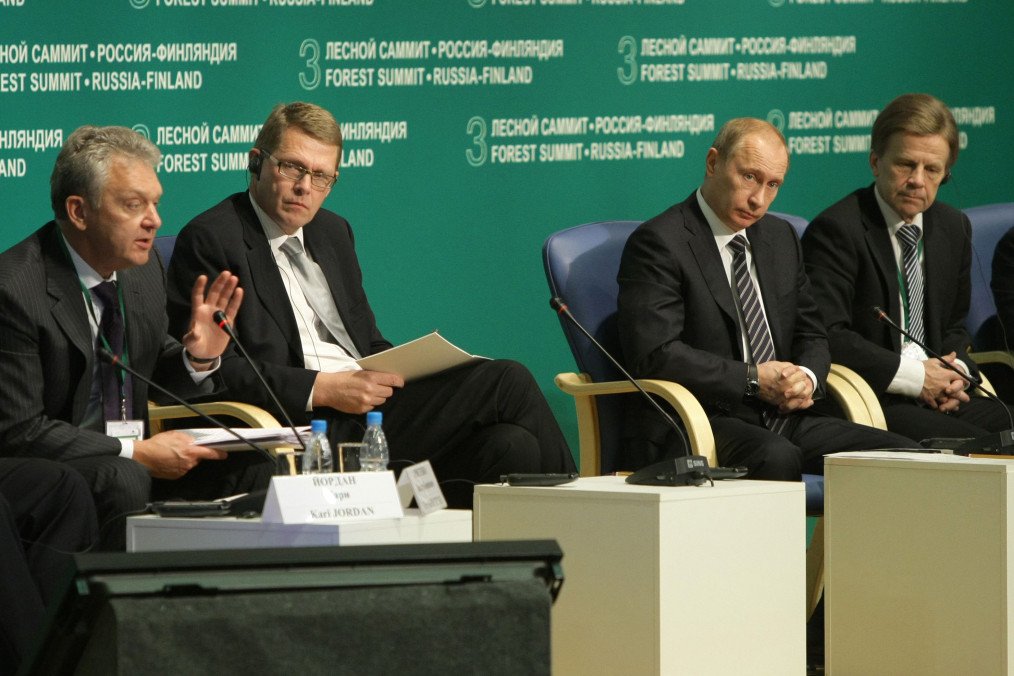
Russia expanded it’s Nord Stream pipeline in 2013 despite Germany’s ample gas supply, targeting Mecklenburg-Vorpommern through lobbying and financial incentives. A book by Steffen Dobbert and Ulrich Thiele, Nord Stream, published on February 15, reveals how the project deepened Russian influence and fueled Kremlin aggression.
Russia spent up to €100 million annually on soft power in Germany, funding football clubs, amusement parks, and cultural events. Vorpommern received a significant share, hosting a sailing regatta, a music festival, the annual Russia Day, and full funding for the Baltic Philharmonic Orchestra.
In late 2013, as mass protests in Kyiv opposed Viktor Yanukovych’s pro-Russian policies, the orchestra’s Berlin performance of Alexander Scriabin’s Poem of Ecstasy received standing ovations and repeated encores.
Despite Russia’s annexation of Crimea and war in Donbas, Germany’s Vorpommern maintained close ties with Moscow. Russia Day continued in 2014, and the following year, provincial leader Erwin Sellering publicly questioned EU sanctions, later receiving Russia’s Order of Friendship.
In Berlin, Ukrainian officials warned that Nord Stream 2 increased the risk of a full-scale war. German advisers dismissed their concerns, insisting the pipeline was a private business matter. When warned of millions of potential refugees, they admitted they had underestimated the scale.
After Russia’s full-scale invasion, German Vorpommern officials distanced themselves, dissolving pro-Russian organizations and editing internal reports to remove references to Germany’s growing gas dependence.
Meanwhile, two Gazprom Germain managers warned Berlin of Moscow’s broader energy strategy. Initially dismissed as an April Fool’s joke, their warnings gained urgency when it emerged that Gazprom controlled a refinery supplying 90% of Berlin’s fuel. Soon after, two German officials were arrested as Russian spies.
Germany’s dependence on Russian gas surged from 41% in 2014 to over 65% by 2021. In that time, Germany paid Russia €104 billion—roughly a third of the Kremlin’s military budget.
In corresponding news, as ceasefire talks continue, some European officials are considering resuming Russian gas imports to stabilize industry and cut energy costs, potentially easing pressure on Moscow.
-554f0711f15a880af68b2550a739eee4.jpg)
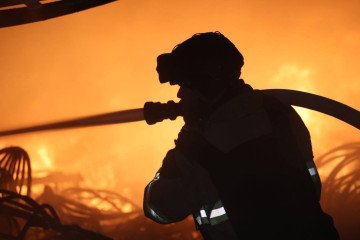
-111f0e5095e02c02446ffed57bfb0ab1.jpeg)
